10 Foods You Should Never Buy on Sale
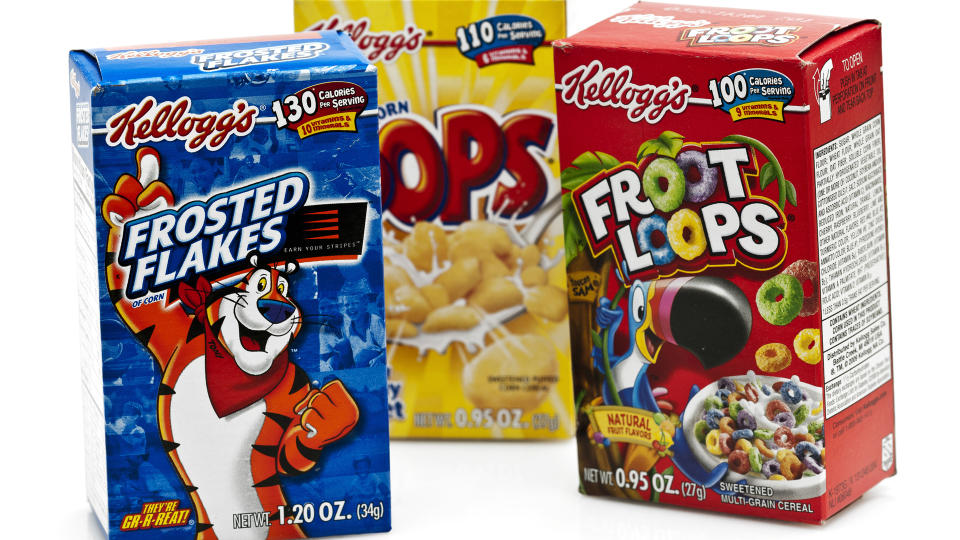
Everyone loves a sale. Who among us hasn't browsed through the clearance rack at Target to check out the reduced-price T-shirts or at The Home Depot to look at the assorted stuff we just might need for the house?
But buying food on sale is different.
Check Out: 9 Dollar Tree Items To Stock Up On This Summer
Discover: 10 Things You Should Always Buy at Walmart
It's one thing to buy a loaf of bread or a bottle of salad dressing listed in a store's regular weekly sale circular. It's another to buy foods off the grocery store's version of the clearance aisle. The items could be at the end of their useful shelf life, and you risk buying something that just doesn't taste good, or worse, poses a health risk.
Here are 10 foods you'll want to avoid buying on sale -- no matter how good the deal.
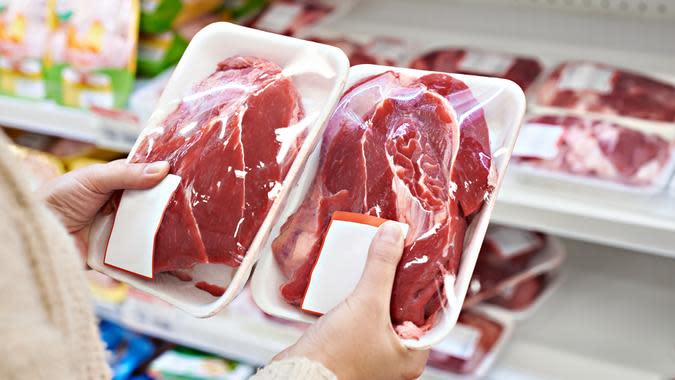
Meat
The website All Recipes says store packaging that lists "best if used by" and "use by" dates refer to the dates for peak quality -- not when they cease being safe to use. "These cuts may not be as tasty or juicy as meat that was just butchered and put out, but they're perfectly fine to consume if properly packed and stored."
Take Our Poll: Do You Tip for Service?
If you buy discounted meat, cook it right away and know the taste might not be what you're accustomed to.
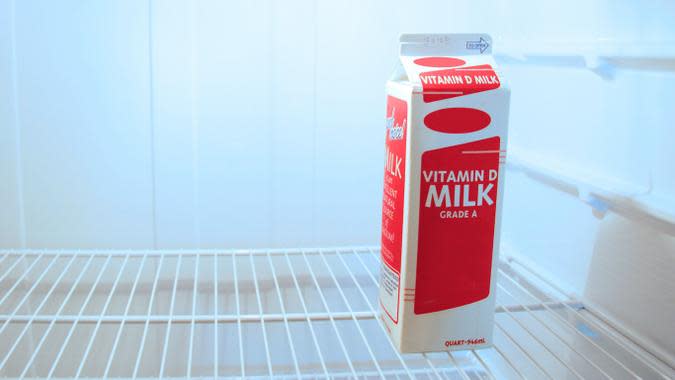
Milk
Chocolate milk just might be your kids' favorite, but it can be pricey and a markdown sticker could cause you to dance in the dairy aisle.
But check the expiration date; it's likely very near. Should you buy it? Only if you know the consumption will be fast and you clear a space in the coldest spot in your fridge.
The website EatByDate.com says milk should be kept on the lowest shelf, in the back, and not on the door. If the kids aren't going to gulp that milk quickly, skip it. The Food and Drug Administration cautions not to buy refrigerated foods past the "use by" or "sell by" dates.
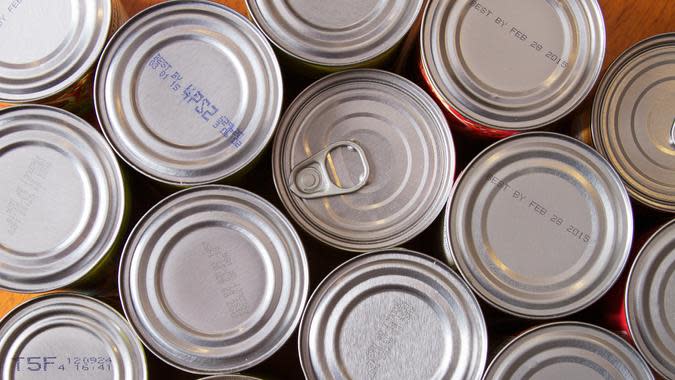
Canned Goods
If you see fruits or vegetables in a can that looks a bit funny on the markdown shelf, leave it right there. The FDA says you never should buy an item in a can that is dented along the seams or one that looks swollen or bulging. Dangerous bacteria could have reached the food.
"Basically, avoid anything that incites doubt upon consumption," said Daniel Maman, the director of marketing at My Phenom Fitness. "This is because such mentioned products are highly prone to contracting different germs and viruses that can plague our health more than the rest of the products in a grocery sale. It's crucial to consider the safety of people first at all costs, rather than saving a few dollars just to risk health."

Frozen Food
If you see discounted frozen foods in packaging that doesn't look pristine, don't buy it, the FDA says. If the outer cardboard box has a food stain or other signs of a leak, such as water damage, that could be evidence the food thawed and then was frozen again. If that happens, bacteria could have crept in.
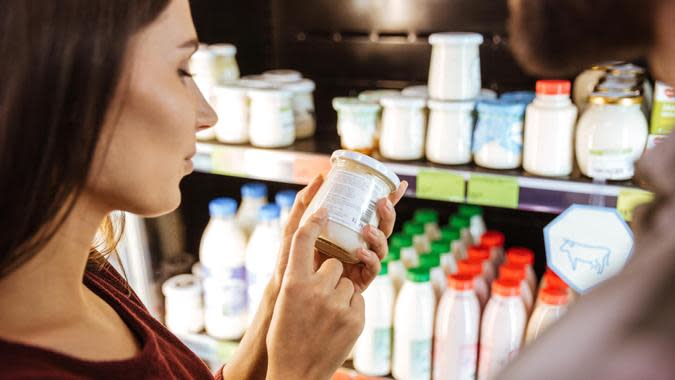
Yogurt
Just as with milk, your grocer typically will discount yogurt that is very close to its expiration date. The date printed on the product is the last day the manufacturer will vouch for the quality, though it will be safe to eat a few weeks afterward if properly refrigerated, according to the website Spoon University.
But if yogurt doesn't taste all that good, why bother?
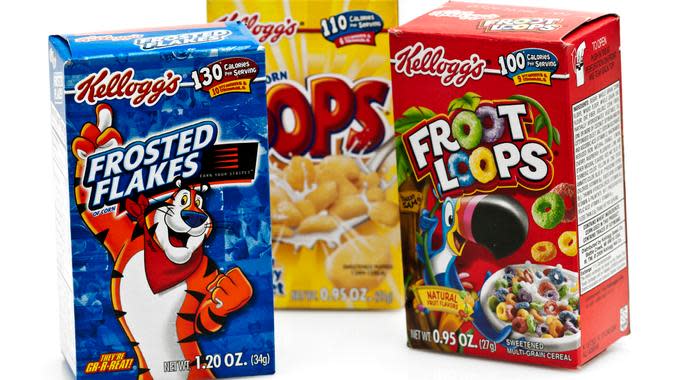
Cereal
Some food experts warn that you shouldn't buy cereal at any price because of the lack of nutritional value.
"We can't help but point out the truth -- cereal is full of added sugars," says a post on the website Eat This, Not That! "A simple serving of Frosted Flakes contains 12 grams of sugar, which is almost 50% of the average recommended intake of sugar, according to the American Heart Association."
It continues: "Most sugary cereals don't contain the two things that keep you feeling full after eating: protein and fiber."

Pre-Cut Produce
It's way more attractive for busy grocery shoppers to pick up a container of cored and cut pineapple or watermelon shaped in balls than to do that on their own. But, Consumer Reports warns, pre-cut fruits and vegetables could have been contaminated at the time of preparation, either through unsanitized surfaces or cross-contamination. It's safer to cut your own fruits and vegetables, where you know you have clean surfaces and utensils.
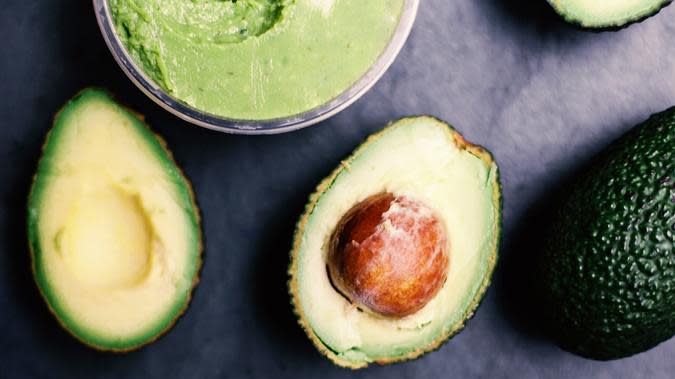
Avocados
Some grocers will mark down ripe avocados that are on the verge of becoming overripe. However, you should resist the temptation to get expensive avocados at a bargain price unless you're going to eat them immediately and are willing to throw them out if they smell sour when you cut into them. Healthline says overripe avocados deteriorate quickly and could become rancid or moldy, which could cause an illness.

Bagged Salads
If pre-washed and pre-bagged salad greens have been marked down, they're probably close to their expiration date. The website Still Tasty says pre-washed salad mix is designed to last just seven to 10 days in the refrigerator, with the date on the package the end date. Without knowing how long it has been refrigerated, skip the discounted bagged salad.

Soft Cheeses
Soft cheeses such as gorgonzola and brie are delicious when fresh, but watch the sell-by date and use them quickly; they have a short shelf life in the refrigerator. This is not something you want to buy on sale close to its expiration date. Soft cheeses are known to grow mold, and bacteria can grow alongside it, according to Prevention magazine.
In these times of inflation and exorbitant food costs, we all want to save money. Just remember that even with a deal, you can get more than you bargained for with the potential risks.
More From GOBankingRates
States Whose Economies Are Failing vs. States Whose Economies Are Thriving
Looking To Diversify in a Bear Market? Consider These Alternative Investments
This article originally appeared on GOBankingRates.com: 10 Foods You Should Never Buy on Sale

 Yahoo Sports
Yahoo Sports 